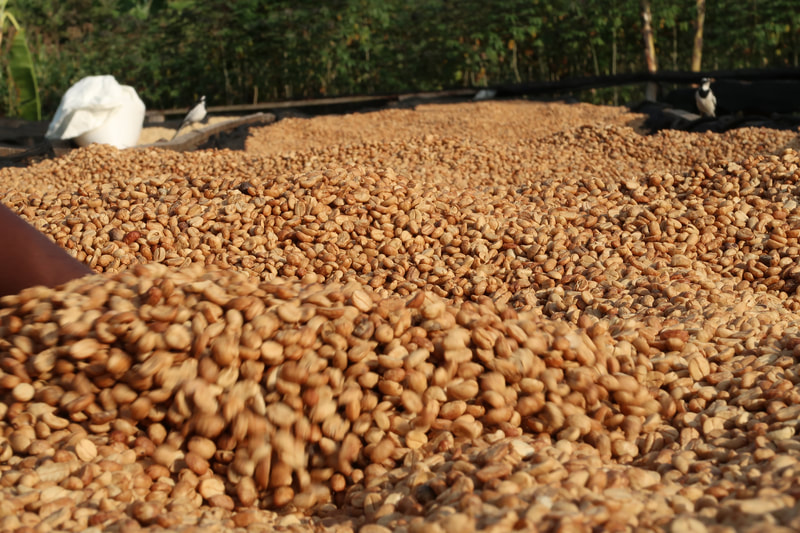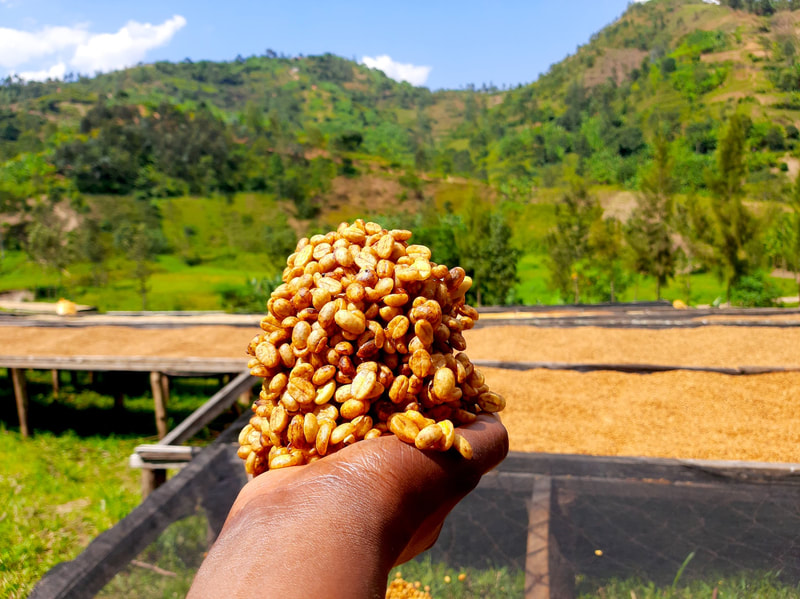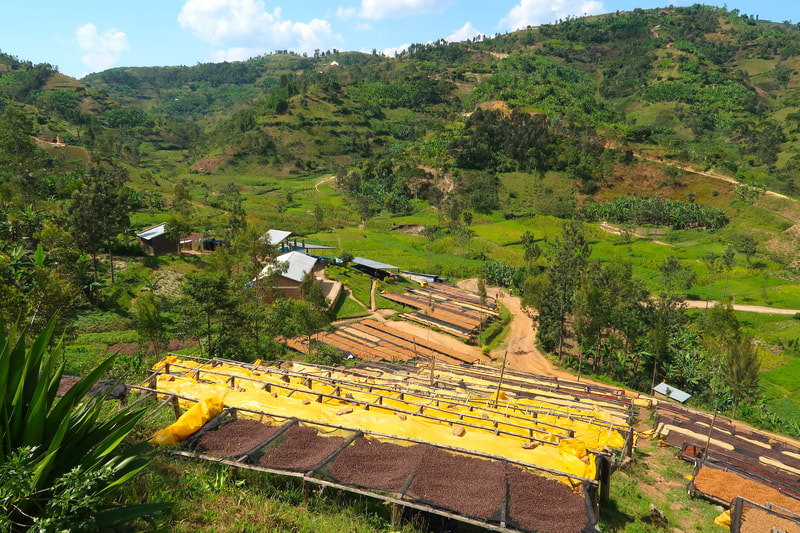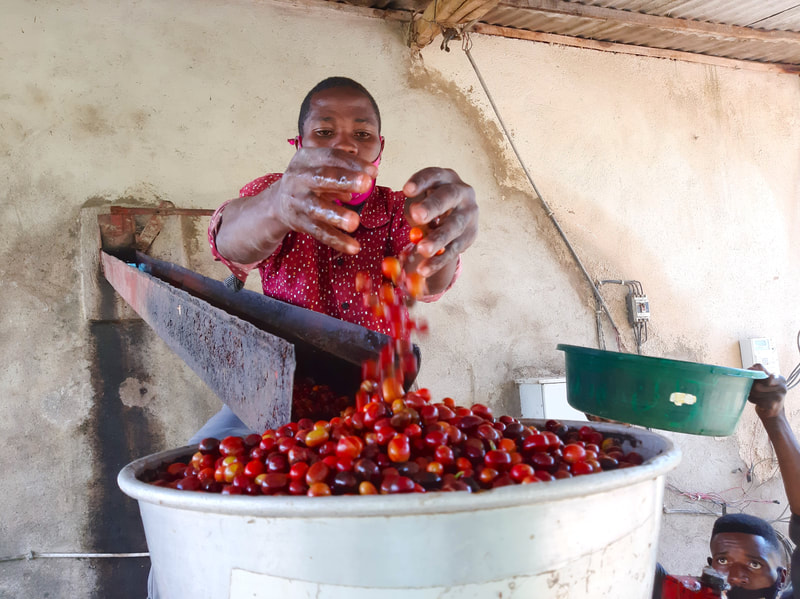RWANDA MUSHONYI ANAEROBIC HONEY
General Information
|
Origin: Rwanda
Region: Western Province District: Rutsiro Washing Station: Mushonyi Farmers: 1213 active members (485 female, 728 male) Cultivar: 100% Bourbon Types Altitude: 1827 masl Process: Honey with anaerobic fermentation Harvest: March - June 2022 Cherry Price | FOB Price: 4.83 USD/kg | 7.44 USD/Kg Screen | Moisture | Density: 15+ | 10.7% | 0.724 g/ml Packaging: 30 Kg + GrainPro Score: 86.5 Notes: Red Apple, Jasmine, Cinnamon, Silky |
|
HAND SORTING THE POTATO DEFECT
MUSHONYI cws LOCATION
|
WHERE WE ARE
Barcelona, Spain Santiago, Chile Budapest, Hungary |





